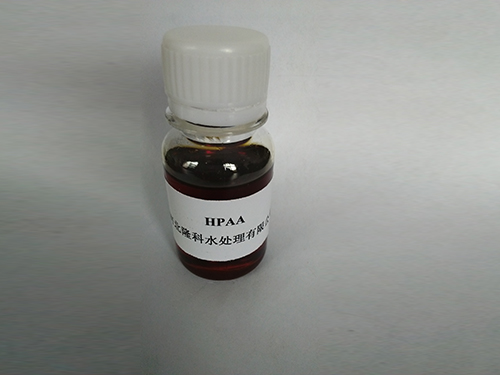Effective Strategies for Utilizing Scale Inhibitors in Industrial Water Treatment Applications for Optimal Performance
Understanding Scale Inhibitors Essential Tools for Industrial Water Treatment
Scale formation is a common challenge faced in various industrial processes involving water, particularly in systems that operate under high temperatures and pressures. Scaling occurs when dissolved minerals precipitate out of water and adhere to surfaces, forming hard deposits. This can lead to reduced efficiency, increased energy costs, and potential equipment failures. To combat this issue, scale inhibitors play a crucial role in water treatment processes across numerous industries.
What are Scale Inhibitors?
Scale inhibitors are chemicals designed to prevent or mitigate the formation of scale in water systems. They work by interfering with the crystallization process of minerals, such as calcium carbonate, calcium sulfate, and magnesium silicate. By altering the physical properties of the minerals, scale inhibitors prevent them from forming solid deposits that can clog pipes, heat exchangers, and other equipment.
How Do Scale Inhibitors Work?
Scale inhibitors function through several mechanisms. One primary method is the modification of crystallization processes. They can alter the growth rate and morphology of scale-forming crystals, making it more difficult for them to adhere to surfaces. Additionally, some inhibitors work by keeping dissolved minerals in solution, thereby reducing the likelihood of precipitation. In some cases, scale inhibitors can also act as dispersants, breaking up existing scale deposits and helping to keep them suspended in water.
The effectiveness of a scale inhibitor can depend on various factors, including the concentration of the inhibitor, the specific water chemistry, temperature, and flow conditions. Several types of scale inhibitors are available, including phosphonates, polycarboxylates, and organophosphates, each tailored to address specific scaling issues and water qualities.
Applications of Scale Inhibitors
scale inhibitor

The use of scale inhibitors is widespread in various industries. In the oil and gas sector, for example, they are crucial for maintaining the efficiency of cooling water systems and enhancing oil recovery from reservoirs. In power plants, scale inhibitors are employed in boilers and cooling towers to prevent scale buildup, ensuring optimal heat exchange and reducing maintenance costs.
In the mining and mineral processing industries, scale inhibitors help manage the water used in mineral extraction and processing, preventing scale formation in pipes and equipment. Similarly, in the manufacturing sector, they are applied in cooling systems to minimize fouling and downtime, thus improving overall productivity.
Benefits of Using Scale Inhibitors
The primary benefit of using scale inhibitors is their ability to prolong the life of equipment and reduce operational costs. By preventing scale buildup, industries can minimize downtime for cleaning and maintenance, leading to more efficient operations. Moreover, scale inhibitors can enhance energy efficiency by ensuring better heat transfer in systems, ultimately resulting in cost savings.
Additionally, scale inhibitors contribute to environmental sustainability efforts. By reducing the need for more aggressive cleaning chemicals and processes, industries can lower their chemical footprints and lessen the impact on the surrounding ecosystem. This aligns with the growing emphasis on sustainable practices in various sectors.
Conclusion
Scale inhibitors are indispensable components of modern water treatment approaches, playing a vital role in enhancing system efficiency and longevity across multiple industries. Their ability to mitigate scale buildup not only improves operational performance but also supports environmental sustainability. As industries continue to innovate and evolve, the development of more effective and eco-friendly scale inhibitors remains a critical area of focus within water treatment technology. Combining chemistry and engineering, scale inhibitors represent an essential solution in the face of ongoing water treatment challenges.
-
Water Treatment with Flocculant Water TreatmentNewsJun.12,2025
-
Polymaleic AnhydrideNewsJun.12,2025
-
Polyaspartic AcidNewsJun.12,2025
-
Enhance Industrial Processes with IsothiazolinonesNewsJun.12,2025
-
Enhance Industrial Processes with PBTCA SolutionsNewsJun.12,2025
-
Dodecyldimethylbenzylammonium Chloride SolutionsNewsJun.12,2025





